Navigating Burnout: Recognizing the Signs (Part 1 of 3)
One of my earliest blog posts was about Dealing with Burnout. It was one post I received many comments on, with people appreciating the focus on self-care. Tabletop Roleplaying Games are fun for everyone, but as a GM, it’s easy to fall into exhaustion. I wanted to revisit this post and inspect burnout, breaking down the key aspects to make it more useful for folks trying to avoid this state. I wanted to look at how I identify when I am burnt out, what I can do to resolve it, and how I can prevent reaching this point in the future. Partially because I feel it is always important to review and refine techniques, but also because I have found myself struggling with mental fatigue lately.
A Busy Life
Life has gotten busy for me, and this increase in demands has taken its toll. My job has restructured recently, making me busier at work. I am ending my Curse of Strahd campaign with my party finally assaulting Castle Ravenloft. Runic Press is as busy as ever with Regular Patreon Posts and books on the way. Most of the time, I can juggle all this and enjoy being busy, but sometimes the balance gets disrupted, and it wears me out.
Identifying Burnout
What made me finally accept that I had burnout was when I struggled to get my normal writing done. While I don’t have a schedule, I like to have something new every week on this website. I find the pacing to be good, and the rhythm keeps me constantly in the creative mindset, something that I find very useful. Life happens, however, so I have gone a week or two without posting. But when that week turned into three, then four, I knew something was up. It was that inability to function normally that really showed me I was slipping towards burnout.
Symptoms of Burnout: My Personal Indicators
Creative blocks and frustration come with burnout.
After finally admitting to myself that I was mentally exhausted, I examined all the emotions I was feeling to see what other symptoms accompanied this state. While my struggle to write posts was a clear indicator, it is not always a definitive sign. I have struggled to write in the past, mostly because I could not find a topic that inspired me, and not necessarily from feeling drained. So I started looking and could list some other indicators that, along with the big flags, made me think I was experiencing severe fatigue.
I could finally realize I was burnt out from the following:
Lack of interest in what I normally do, specifically D&D. Preparing for sessions or creating new content was no longer exciting, which made me less enthusiastic about participating in the game.
This lack of interest spilled over to my writing. It became increasingly difficult to finish any writing project, even those I was previously passionate about.
Felt tired more often. I struggled to get up in the morning, felt fatigued by early afternoon, and found myself drained by the evening, which impacted my productivity.
Conversely, struggling to fall asleep. Despite feeling tired, my mind would race at night, preventing me from falling asleep and resulting in restless nights that would make the fatigue worse.
Inability to focus. Although I have ADHD and sometimes struggle with focus, this was more intense than usual. Writing anything felt like an exercise in futility, as I couldn’t maintain my concentration.
Understanding Burnout: Universal Signs
These symptoms indicate burnout, but that might not be the case for everyone. Some of the things I listed above might be regular occurrences for you or might never happen when you experience burnout. As a neurodivergent person, I struggle with developing regular routines. This means that often doing regular tasks can be difficult for me.
The signs of burnout can be different for everyone, but there are a few symptoms that are fairly universal:
Feeling of energy depletion or exhaustion.
Reduced professional efficiency.
Sleep Disruptions
In addition, next time you know you are burnt out, try to make a list of all the characteristics that are specific to you. Perhaps you struggle to do certain self-care tasks like brushing your teeth regularly or getting your laundry done consistently. These personal symptoms can help you better recognize when you are running into burnout.
Taking the First Step: Admitting Burnout
So at this point, I knew I was experiencing burnout, and that was a huge step. Recognizing that you have this mental fatigue and that something needs to be done about it is the first step in resolving it. To take this further, it can be useful to verbalize this self-realization and let someone know. I have always found the act of speaking something out loud (or typing it out to someone) to have some added weight, as if by putting the effort into shaping the sentence, you add weight to the declaration. But you do not necessarily have to do that, and sometimes that can be a struggle in itself.
But after admitting it to myself, I knew I had to make a change in order to feel better. In the next part of this series, I'll explore specific strategies I've found effective in overcoming and preventing burnout.
Conclusion: The Ongoing Battle
Handling burnout can be a tiring task in itself, and it’s one that never necessarily ends. I try to be more aware of when I start to feel the drain indicative of mental fatigue, but know that it can creep up on me from time to time. Even when I start to notice the symptoms specific to me, I can find it difficult to acknowledge and then handle the burnout since it takes a few steps. But taking that first step can make all the difference. Next, I'll look at what I did in order to treat my burnout and provide some suggestions on what you can do too.



